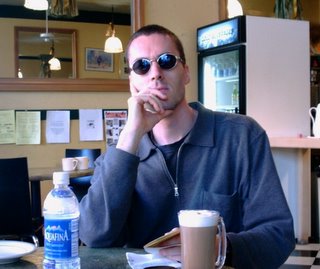Relevant Recession metrics
One could make quite a fortune by understanding and utilizing the right metrics that would indicate when the
Let’s take car sales. We always assume that US car sales have to reach sooner than later a positive upswing. Currently people don’t buy too many cars anymore but they will buy again after their cars are getting older and less reliable. In 2006 (the best car sales year ever) almost 17 million cars were sold in the US, last year it was much lower, this year will be even worse. So, we are all waiting for the sales curve to move upwards again. Why? Because we expect the future to behave like the past, at least sometime in the future.
But when we look at an interesting metric from
“A survey last year by the business daily Nikkei found that only 25 percent of Japanese men in their 20s wanted a car, down from 48 percent in 2000.”
This means that no one in
We should probably spend more time and energy to truly understand consumer intent metrics and compare them over time. It’s easier for a consumer to report his intent (despite all the bias of self reported data) in a particular category than an overall judgment of confidence in the economy of his personal situation. I am curious if any research company looked at “New car purchase intent” behavior by age group over the last 10 years and was able to correlate it to actual sales figures.

